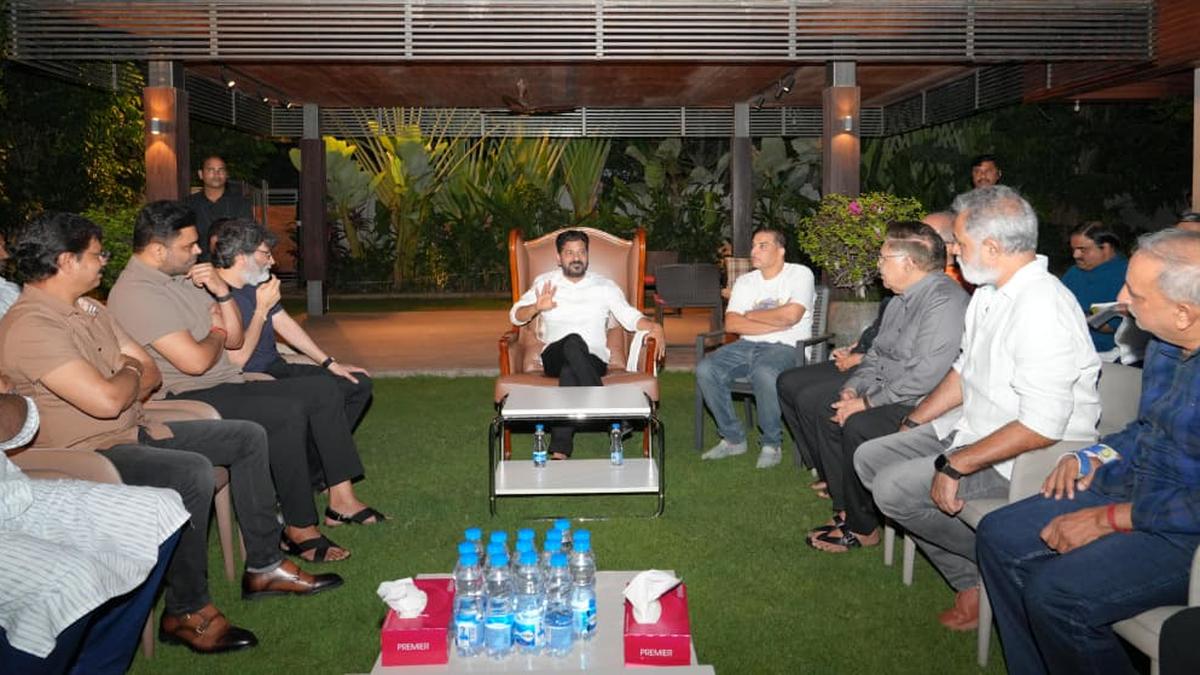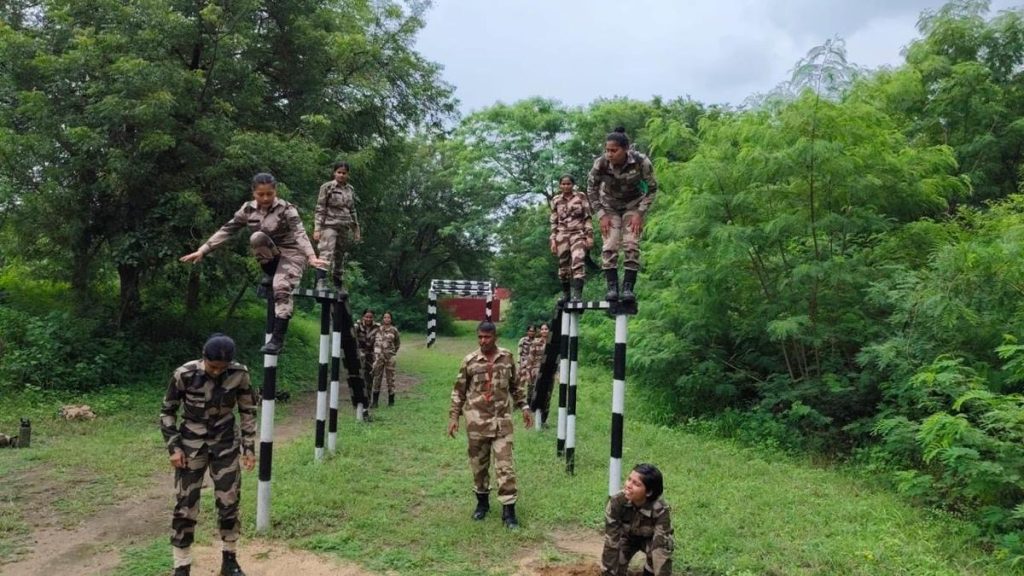Now Reading: CM Calls for Reforms to Ensure Fair Practices in Film Industry
-
01
CM Calls for Reforms to Ensure Fair Practices in Film Industry
CM Calls for Reforms to Ensure Fair Practices in Film Industry

Swift summary
- Event: chief Minister A. Revanth Reddy interacted with prominent producers and directors of Telugu cinema amid the recent strike by members of the Film Workers Federation.
- Key Statements:
– The CM emphasized structural reforms in worker-producer relations in the film industry.
– He warned against monopolistic practices and called for fair treatment of workers by producers.
– government aims to create a complete policy involving stakeholders from producers, workers, and officials.
– The CM promised protection for both cine workers and producers while ensuring healthy working conditions within the industry.
- Future Measures:
– A new framework or handbook for Telugu cinema is being planned to guide future developments in the industry.- Provisions will be made at Skill University for specialized training related to cinema.
- Global Outlook: Efforts will be taken to position Tollywood on an international scale, encouraging more films to shoot locally within Hyderabad and Telangana State while supporting its growth globally.
Indian Opinion Analysis
The intervention by Chief Minister A. Revanth Reddy highlights several critical aspects that coudl redefine Tollywood’s landscape. The focus on fairness, structural reforms, and balanced stakeholder interests seeks not only to resolve current disputes but also lays groundwork for lasting growth in an increasingly competitive global film market.
Reforms aimed at improving worker conditions align with requests from labor organizations globally but must ensure they do not strain producer operations financially-a balance that requires meticulous policy design. Encouraging local shoots promises economic benefits via job creation while boosting regional identity through cultural exports globally. Strategic integration with Skill University’s cinematic training programs may help professionalize the labor force further, potentially enhancing skill quality across production pipelines.
This initiative reflects a forward-looking approach integrating governance into creative industries at a time when regional cinemas are emerging as powerful contributors to India’s soft diplomacy efforts on a global stage.
Read more here.

























